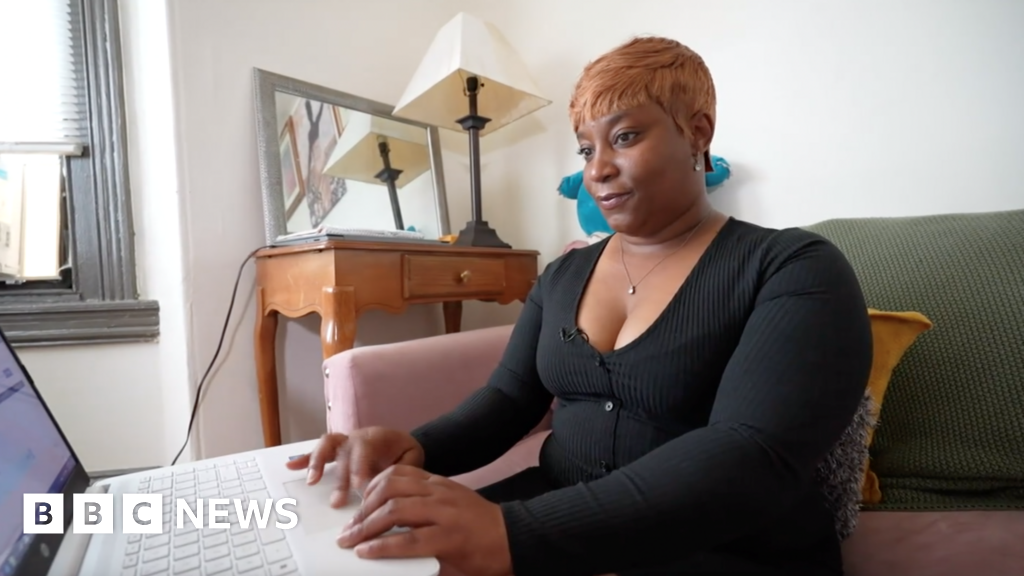- cross-posted to:
- [email protected]
- [email protected]
- [email protected]
- cross-posted to:
- [email protected]
- [email protected]
- [email protected]
…
Ms Ellis works full-time as a nurse’s assistant and has a second part-time job.
But she needs to economise. She has switched stores, cut out brand-name items like Dove soap and Stroehmann bread, and all but said goodbye to her favourite Chick-fil-A sandwich.
Still, Ms Ellis has sometimes turned to risky payday loans (short-term borrowing with high interest rates) as she grapples with grocery prices that have surged 25% since Mr Biden entered office in January 2021.
“Prior to inflation,” she says, “I didn’t have any debt, I didn’t have any credit cards, never applied for like a payday loan or any of those things. But since inflation, I needed to do all those things…I’ve had to downgrade my life completely.”
The leap in grocery prices has outpaced the historic 20% rise in living costs that followed the pandemic, squeezing households around the country and fuelling widespread economic and political discontent.



not really. pushing the fed to drop interest rates for no reason so that when an emergency like a pandemic happens they are at zero and can’t be dropped a bit can have an impact.